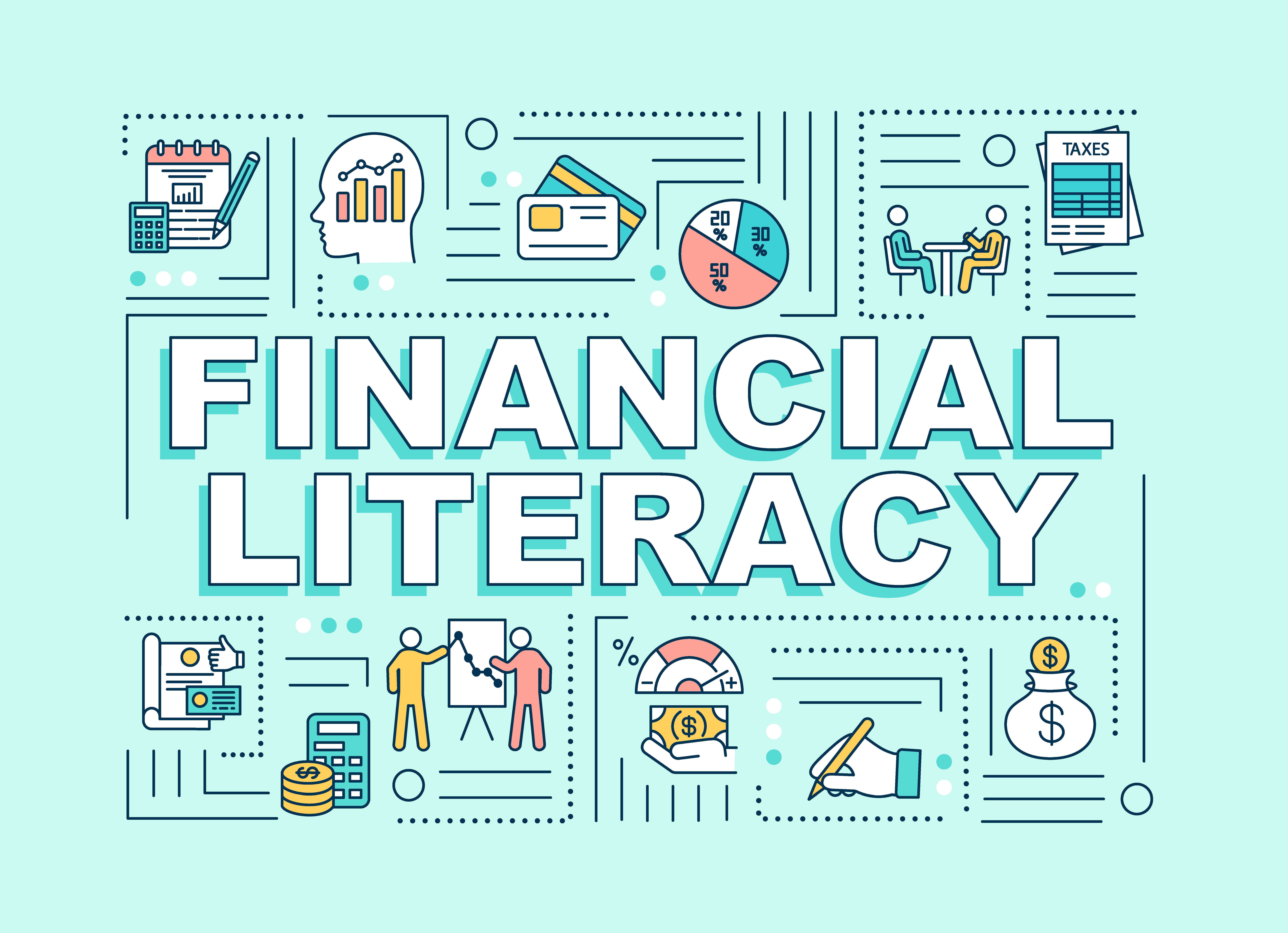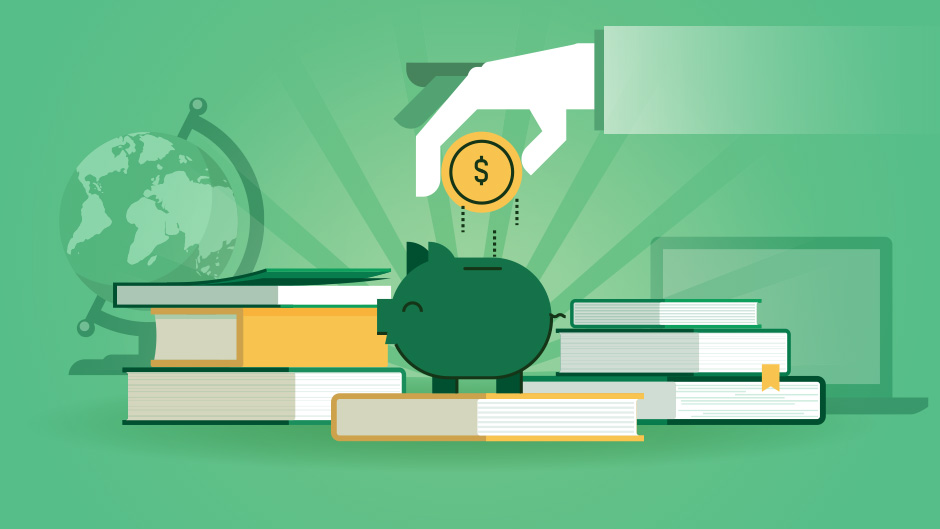Financial literacy is essential for students, as it can help them make informed decisions about their money. This is especially important when it comes to college, as tuition, fees, and living expenses can be expensive.

There are a few key things that students can do to improve their financial literacy:
- Learn about budgeting. A budget is a plan for how you will spend your money. It can help you track your income and expenses, and make sure that you are not overspending. There are many different budgeting methods, so find one that works for you and stick to it.
- Research scholarships and grants. There are many scholarships and grants available to students, and they can help to offset the cost of college. Do some research to find scholarships that you are eligible for, and apply for them.
- Consider student loans. Student loans can be a helpful way to pay for college, but they are important to repay responsibly. Make sure that you understand the terms of your loan before you take it out, and create a plan to repay it after you graduate.
Here are some additional tips for students who are looking to improve their financial literacy:
- Talk to your parents or guardians about money. They can offer valuable advice and guidance.
- Take a financial literacy class. There are many financial literacy classes available at colleges and universities, as well as online.
- Read books and articles about financial literacy. There are many great resources available to help you learn about financial literacy.
- Use financial planning tools. There are many financial planning tools available online and in apps. These tools can help you track your spending, create a budget, and plan for your financial future.
Financial literacy is an important skill for students to have, and it can help them make informed decisions about their money. By following these tips, students can improve their financial literacy and make sure that they are on the right track to financial success.
In addition to the above, here are some specific tips for budgeting, loans, and scholarships:

Budgeting:
- Set realistic goals. Don't try to cut back too much too soon, or you'll be more likely to give up.
- Track your spending. This will help you see where your money is going and make adjustments as needed.
- Be flexible. Things don't always go according to plan, so be prepared to adjust your budget as needed.
- Reward yourself. When you meet your budgeting goals, reward yourself with something you enjoy. This will help you stay motivated.
Loans:
- Only take out loans that you can afford to repay.
- Understand the terms of your loan before you sign anything.
- Create a plan to repay your loan after you graduate.
- Make sure you can afford the monthly payments.
- Don't take out more loans than you need.
Scholarships:
- Start researching scholarships early.
- Be prepared to write essays and submit applications.
- Don't be afraid to ask for help.
- Don't give up. The application process can be tough, but it's worth it in the end.
Financial literacy is an important skill for everyone to have, but it's especially important for students. By following these tips, students can improve their financial literacy and make sure that they are on the right track to financial success.

0 comments